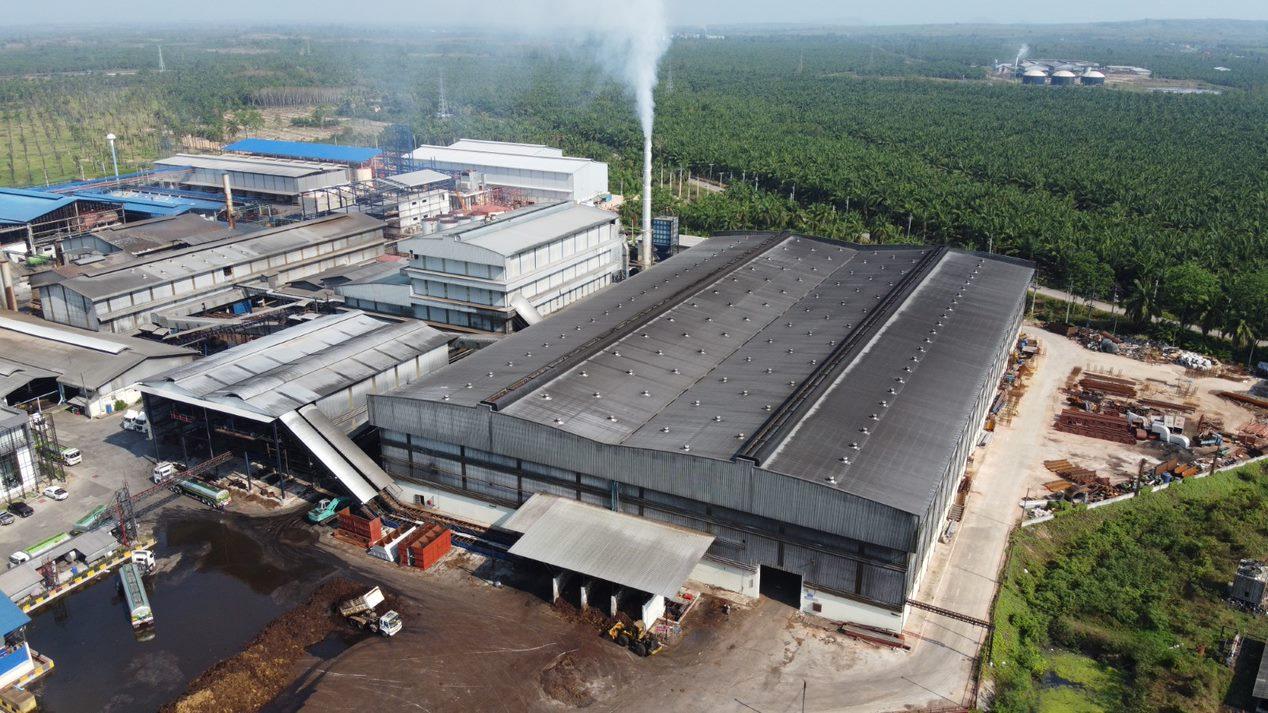
Thachang Green Energy (TGE), the SET-listed biomass power plant developer and operator, has been awarded a contract to invest, develop and operate a power plant and manage the municipal solid waste of Tambon Nong Mamong in Nong Mamong district of Chai Nat province.
Chief executive Sumate Laksitanonta said Thachang Energy Solution (Chai Nat) Co (TES CNT), a subsidiary in which the company holds a 99.90% share, was selected.
An announcement was made last Friday that TES CNT is allowed to invest, develop and operate the municipal solid waste management (waste-to-energy) project organised by the Office of Nong Mamong municipality in Chai Nat, 230 kilometres north of Bangkok, with a capacity of 8 megawatts.
The project's development is expected to be initiated soon, scheduled to commence operations in 2026.
The business model is a build-own-operate scheme with a 25-year contract, with 6MW sold to the state-owned grid of the Provincial Electricity Authority (PEA) under a Energy Regulatory Commission power purchase agreement.
The community waste-fired power plant will be a "close procession system" operated by the company, he said.
The project is one of five waste-to-energy projects awarded to TGE by five local administration offices. The other awarded projects are in Sa Kaeo, Ratchaburi, Chumphon and Samut Sakhon.
According to Mr Sumate, all projects are already in preparation for development.
The projects have a total installed capacity of 39.9MW and are expected to commence operation between 2024 and 2026.

Part of the capital spending is slated to come from cash available from the 1.2-billion-baht initial public offering the company issued last August.
TGE operates three biomass power plants in Surat Thani, which is the hub of Thailand's palm oil plantation and processing production.
All are in Surat Thani's Tha Chang district, with a combined installed capacity of 29.7MW. The amount of electricity offered for sale to the PEA under long-term contracts totals 20.3MW.
"We are confident in winning bids thanks to our cost effectiveness, logistics management and fuel security, as well as flexibility in fixing and maintaining expenses, giving the company higher competitiveness and profitability," said Mr Sumate.
The company plans to increase capacity to more than 200MW by 2032.







